Behaviour Expectations at Woodlands

At Woodlands, we believe that positive behaviour is the foundation for great learning. Our approach is built on strong relationships, fairness, and understanding each child’s individual needs.
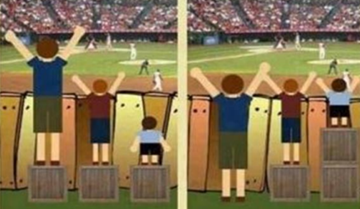 We follow best practice from experts in education, psychology, and trauma-informed care. As a learning hub for the Attachment and Trauma Research Community, we know that fairness means giving each child what they need to succeed, not treating everyone the same.
We follow best practice from experts in education, psychology, and trauma-informed care. As a learning hub for the Attachment and Trauma Research Community, we know that fairness means giving each child what they need to succeed, not treating everyone the same.
Our Aims
- Create a safe, calm, and inclusive learning environment.
- Promote positive relationships and emotional wellbeing.
- Support children to build resilience and self-regulation.
- Ensure consistency and fairness in how behaviour is managed.
We treat every child as an individual. Behaviour is often a way children communicate their feelings or needs. We respond with empathy, curiosity, and care, not judgment.
Children follow people before they follow rules—so we focus on building trusting relationships with pupils and families. Our school culture is rooted in connection, respect, and belonging. By focusing on self-esteem, emotional literacy, and self-regulation, we empower children to make positive choices in learning and social situations. Through a Growth Mindset, pupils build confidence and take increasing responsibility for their actions.
Our Core Rules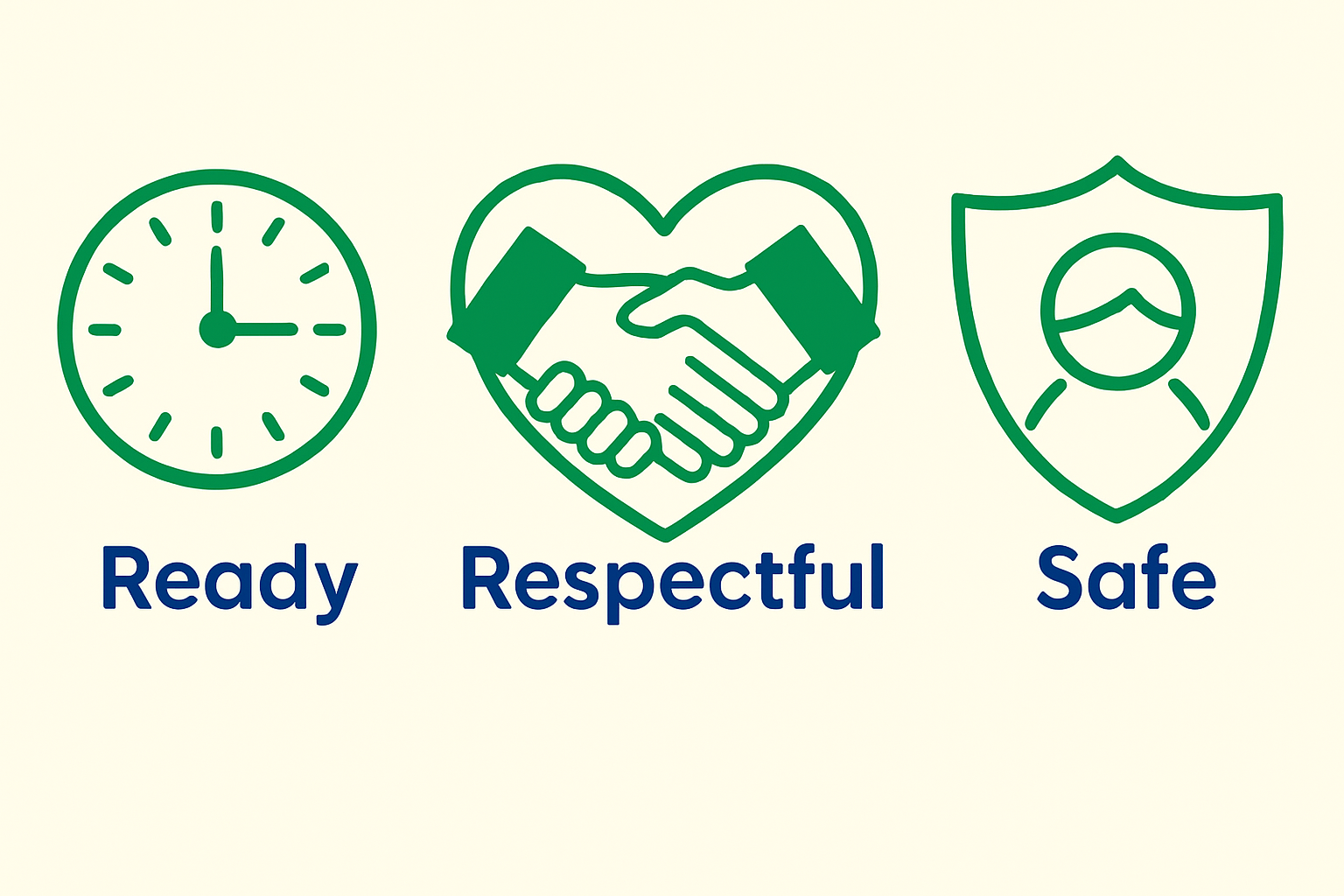
We teach and model three simple expectations:
- Be Ready – prepared to learn.
- Be Respectful – kind and considerate.
- Be Safe – make choices that keep everyone safe.
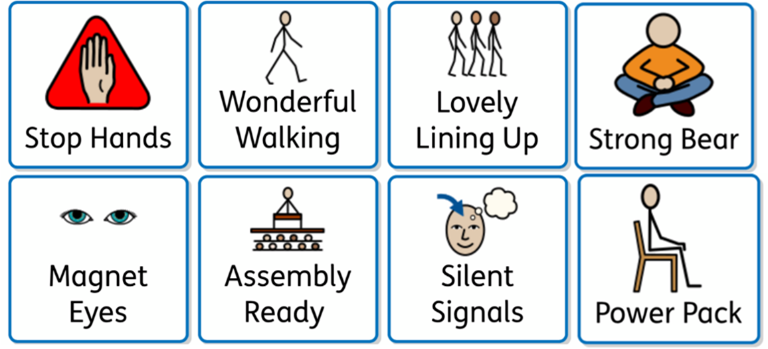 These are taught through routines, modelling, and consistent reinforcement as part of our Behaviour Curriculum. All school staff ensure that children consistently follow ‘Relentless Routines’; to support a calm, learning focussed environment where all children understand expectations and succeed.
These are taught through routines, modelling, and consistent reinforcement as part of our Behaviour Curriculum. All school staff ensure that children consistently follow ‘Relentless Routines’; to support a calm, learning focussed environment where all children understand expectations and succeed.
Working Together
We value your support in helping children thrive. Our Inclusion Team and Safeguarding Leads work closely with families to support children’s social, emotional, and mental health.
We use tools like the Zones of Regulation and Regulation Stations to help children understand and manage their emotions. Our behaviour curriculum teaches strategies for self-regulation and positive choices.
Celebrating Success
Our behaviour system separates behaviour from the child, focusing on support and development rather than punishment. We aim to “catch them getting it right,” helping children build a positive self-image and feel valued and heard.We recognise and reward positive behaviour through:
- Praise and encouragement
- Certificates, stickers, and awards
- Leadership roles and responsibilities
- Communication with parents
- Class Dojo and ‘Dream Jars’
- ‘Pride of Woodlands’ awards
Our Commitment
We separate behaviour from the child, focusing on support and growth. We aim to “catch them getting it right” and help every child feel valued, heard, and confident.
Together, we’re building a culture of kindness, respect, and excellence—for learning, for life, and for our community.
/Parent/Behaviour-Expectations-at-Woodlands/Behaviour_Leaflet_for_Parents_TIAAS_24-25.pdf
Our Restorative Approach
Restorative approaches enable those who have been harmed to convey the impact of the harm to those responsible, and for those responsible to acknowledge this impact and take steps to put it right. Restorative approaches refer to a range of methods and strategies which can be used both to prevent relationship damaging incidents from happening and to resolve them if they do happen. Becoming a restorative school has many benefits, including increased attendance, reduced exclusions and improved achievement. It can also alleviate problems such as bullying, classroom disruption, truancy and poor attendance, antisocial behaviour, and disputes between pupils, their families, and members of staff. As adults, we will endeavour to support pupils by using a range of restorative approaches, including emotion coaching to help pupils identify their feelings and develop a language to communicate their feelings in positive ways. We will adopt, and as adults, model for pupils, restorative approaches to provide a means to address and ‘put right’ and ‘restore relationships.’
Strategies include:
• The use of Affective Statements
• Restorative Conversations
• Restorative Circle Times
• Restorative Conferences
At Woodlands, all Children will be:
Children will be:
- Made fully aware of the behaviour policy in a way they understand.
- Helped and encouraged to develop high standards of behaviour.
- Able to learn and to achieve their full potential.
- Treated fairly with consideration and respect.
- Listened to by the adults when in school and nursery.
- Made to feel safe and secure in school and nursery.
- Made aware of the rewards they can earn for meeting the expectations for behaviour, and the consequences they will face if they don’t meet the standards.
- Made aware of the adults who will provide pastoral support to help them meet the standards for behaviour.
- Supported to reflect on their actions.
For more detailed information, please visit our policy page to read our Relationships and Behaviour Policy.
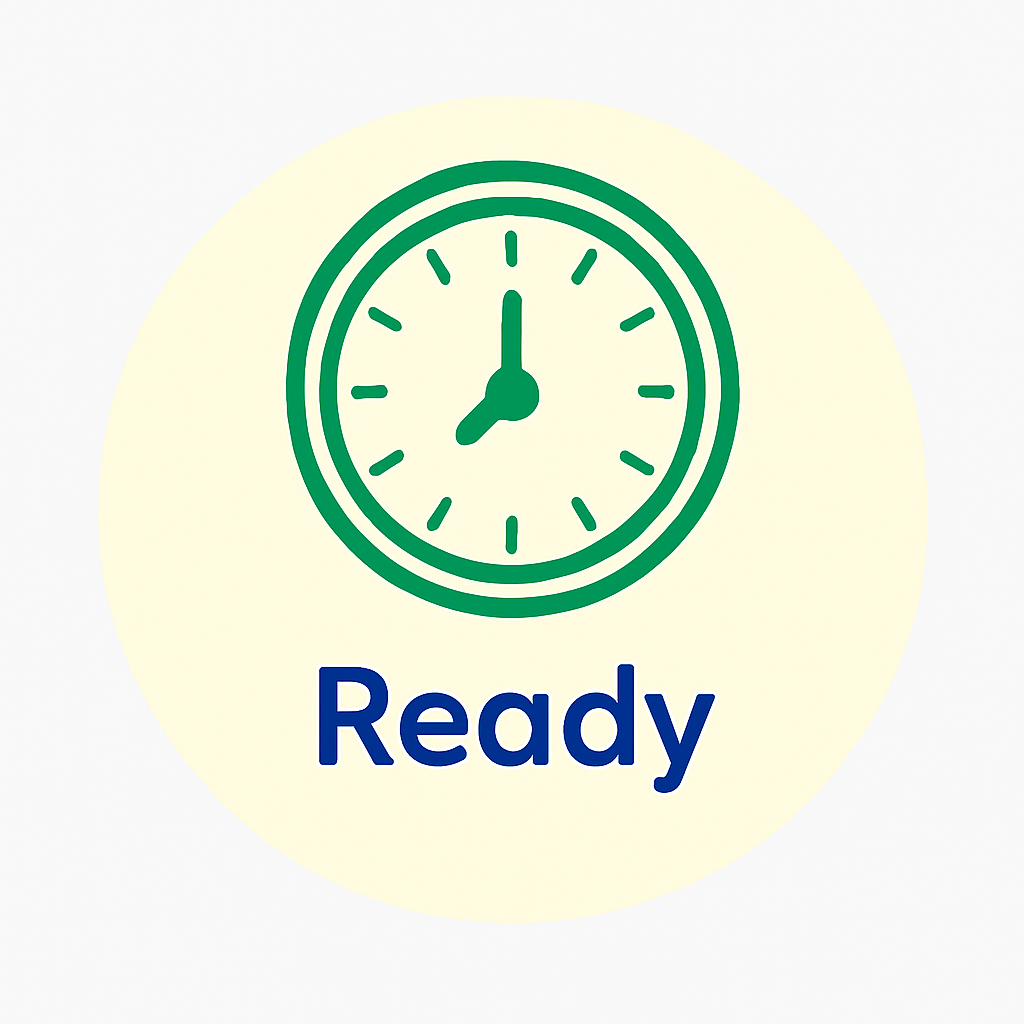 |
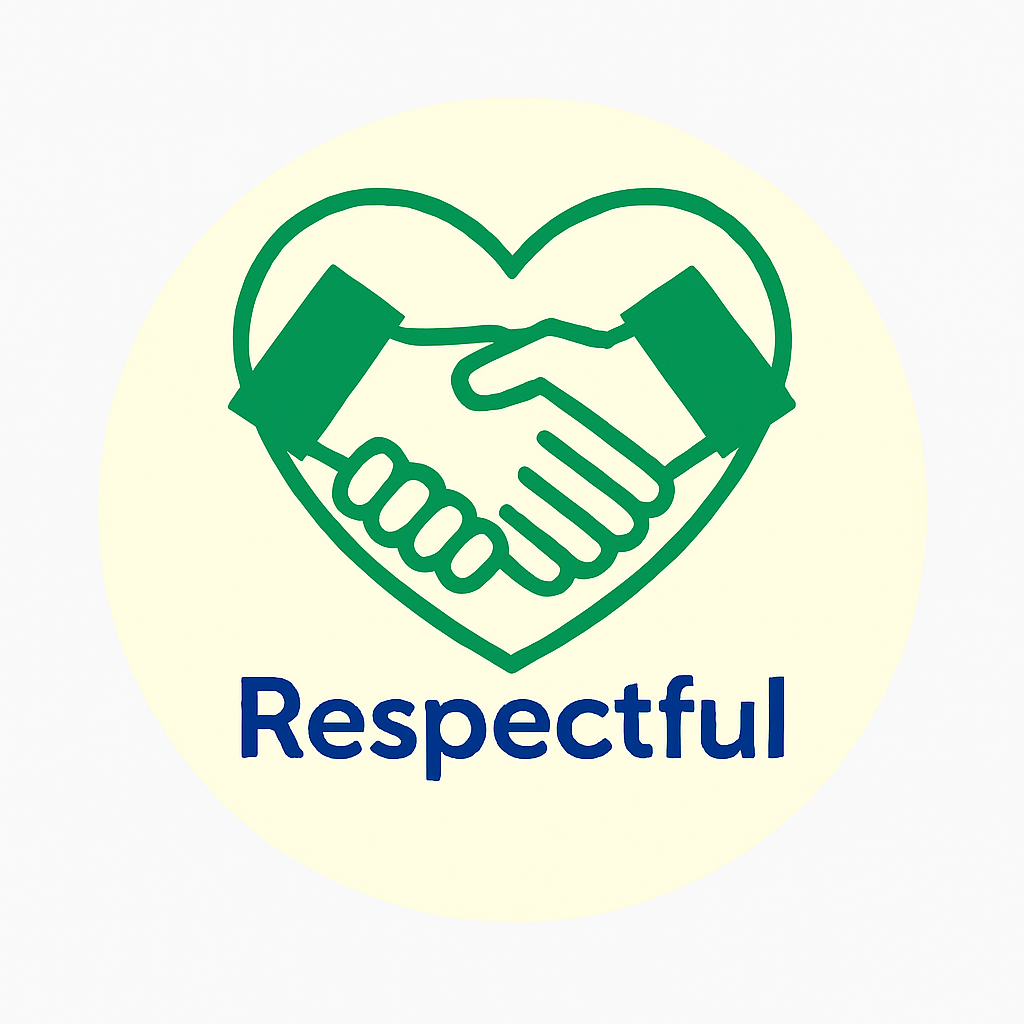 |
 |






